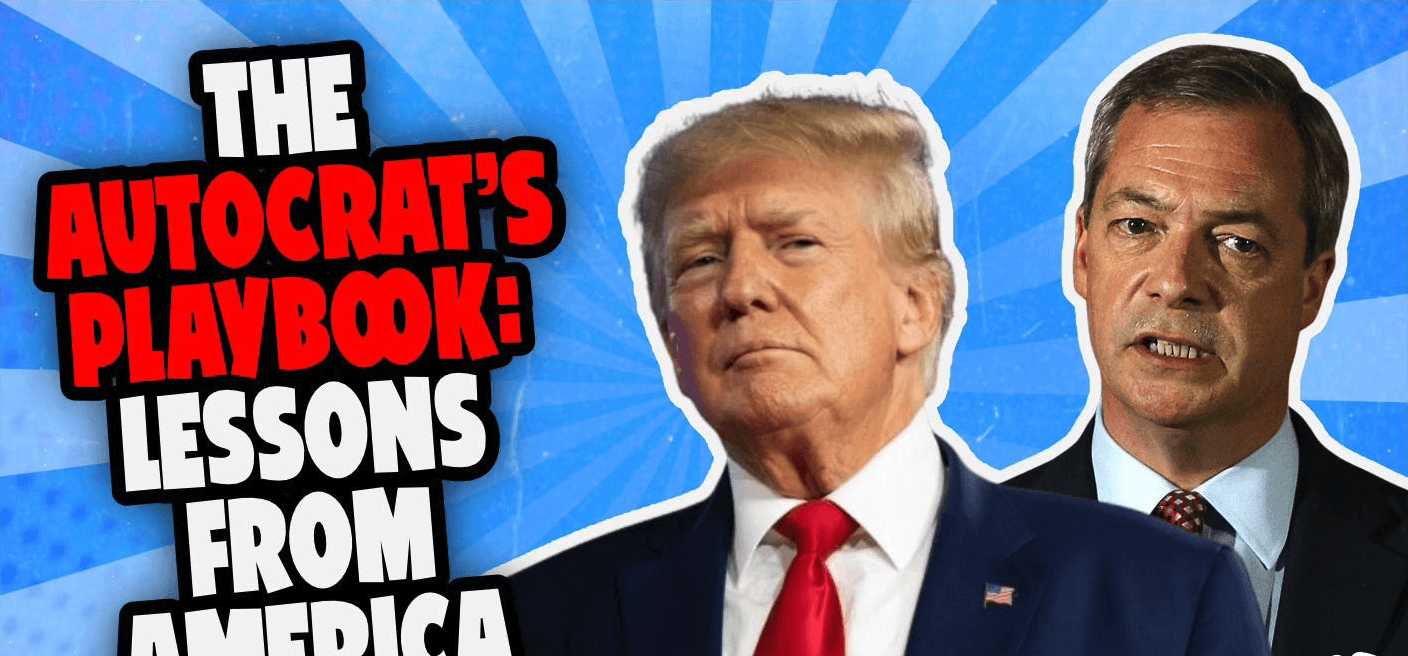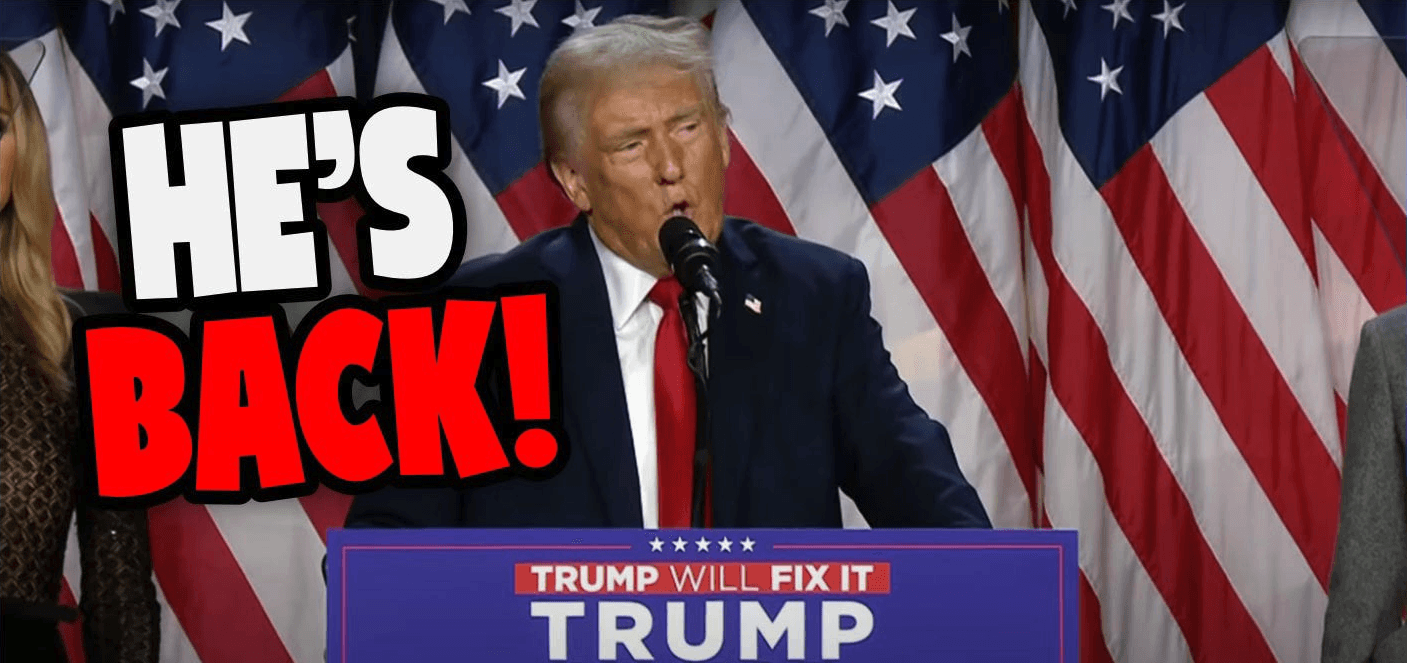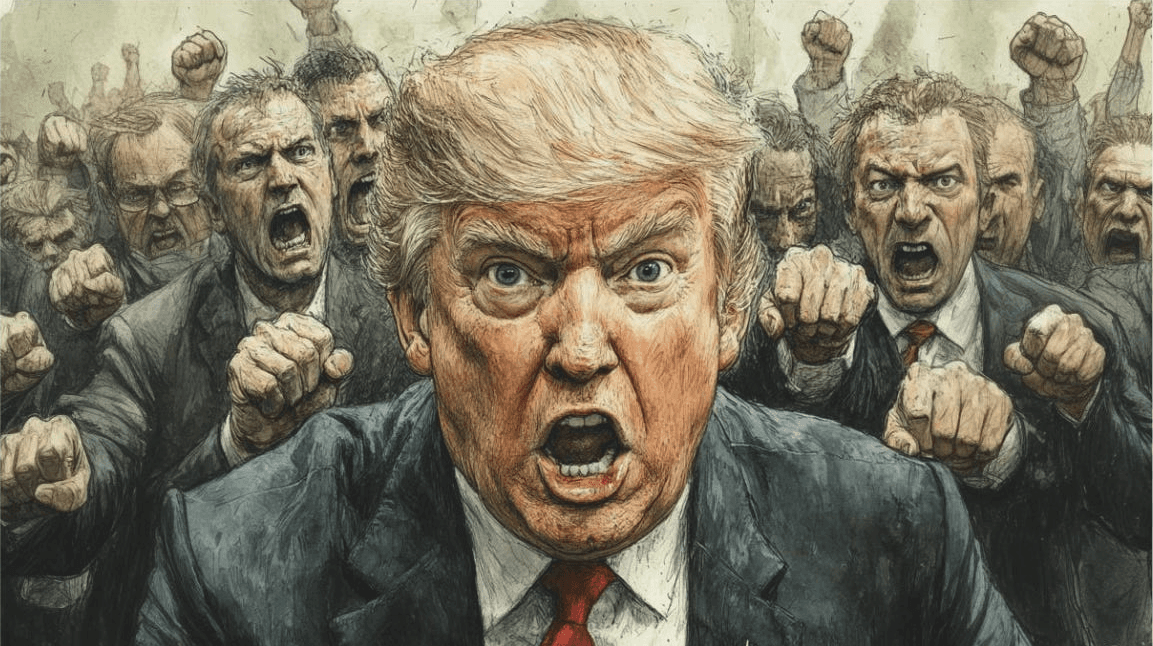Jan 29, 2025
'American Caesar' – A Systemic Assault on Checks and Balances
This is a call to reclaim our democratic institutions against the rising power of the executive
In theory, modern democracies are composed of three coequal branches of government. The legislative (Congress/Parliament), the judicial (courts), and the executive (the President/Prime Minister and cabinet). The first two exist primarily to keep the third one in check. The will of the people is (theoretically) expressed in Parliament, and the law of the land is (again, theoretically) upheld in the courts, acting as constraints on those in power. That’s how it’s all meant to work.
But in recent decades, and not just in the United States, it’s become increasingly acceptable for executives to bypass those safeguards. Boris Johnson’s 2019 prorogation of Parliament – not to mention his constant use of so-called ‘Henry VIII’ clauses in legislation – was a clear example of executive overreach. But it pales in comparison to what’s happening in the United States right now.
In his first week back in office, Donald Trump immediately enacted a flurry of executive orders, memorandums, and proclamations. It was a sweeping power grab, radically shifting official US policy on immigration, climate, the conduct of federal agencies, and much more – all without any congressional oversight whatsoever.
It represents the next phase in the expanding use of executive power. Trump’s first actions in the Oval Office directly threaten the separation of powers that allows democracy to function.
Back on the campaign trail, Trump had pledged to “restore executive branch impoundment authority to cut waste, stop inflation, and crush the Deep State.” He was bemoaning a Nixon-era law (the 1974 Impound Control Act, or ICA) that restricts the President’s executive power to ‘impound’ (withhold) Congressionally-approved spending. Trump’s appointee to lead the Office of Management and Budget (OMB), Russel Vought, has echoed these complaints in his recent confirmation hearings.
On Monday, January 27th, Trump issued a directive through the OMB to “temporarily” halt the disbursement of up to $3 trillion in federal spending, effective January 28th. No deadline was given. The freeze would have wide-reaching ramifications from healthcare to housing to disaster relief to universities to state governments and beyond. This is all spending that was officially approved by Congress.
Professor Michael Dorf, a Constitutional Law Scholar at Cornell University, argued that "the President's unilateral suspension of congressionally approved funds poses a serious threat to the separation of powers, as it effectively nullifies legislative decisions."
Trump’s executive overreach on Monday will be fought in court. It’s already been paused for review by a federal judge. But federal judges – not to mention the Supreme Court itself – are increasingly on Trump’s side. Should he win the ensuing legal battle, it will establish an incredibly dangerous precent: that the executive can effectively override Congress.
This week’s spending freeze is by no means the only recent example of executive overreach. Here’s a (by no means exhaustive) list of other alarming changes we’ve seen since Trump took office:
Dismantling the Civil Service: One of Trump’s executive orders reclassifies federal workers into a new category lacking job protections. It will enable the mass firings of civil servants (as laid out in Project 2025), and the installation of MAGA loyalists in their stead;
Criminalising Dissent: The DOJ, at Trump’s behest, has directed prosecutors to target state and local officials resisting Trump’s immigration agenda, threatening charges under the Supremacy Clause (part of the constitution that establishes the primary of the federal government);
Revoking Police Accountability Measures: Trump rescinded Biden-era rules phasing out private prisons and enforcing anti-discrimination policies in law enforcement;
Curtailing Judicial Independence: Trump’s executive orders and appointments aim to reduce the judiciary’s ability to check executive power, such as by limiting judicial review and appointing loyalists to key positions;
Dismantling Advisory Committees: Trump disbanded multiple advisory committees, including those focused on cybersecurity and disaster preparedness, reducing expert input and transparency in policymaking;
Withdrawing from International Agreements: Trump pulled the U.S. out of the Paris Climate Agreement and the World Health Organization, signalling a retreat from multilateralism and global democratic cooperation;
Pardons for January 6 Defendants: Trump issued blanket pardons for individuals convicted of violent crimes during the January 6 Capitol attack, including those who assaulted police officers. This move has been criticized for undermining accountability and the rule of law;
Threatening to Adjourn Congress: Trump hinted at using his powers to adjourn Congress to make recess appointments if Democrats delay confirming his nominees. This would bypass constitutional norms and further concentrate power in the executive branch.
We’ve seen a bit of this before in the United States. The clearest example is the subordination of the Supreme Court to blatantly partisan interests. In July 2024, the Court ruled in a 6–3 decision that presidents have absolute immunity for acts committed as president (supposedly, only acts within their ‘core constitutional purview’ – a loosely defined term). For acts on the ‘outer perimeter’ of their official responsibilities, Presidents receive ‘presumptive immunity.’
And we’ve seen it elsewhere. A few examples, again, by no means exhaustive:
Hungary: Viktor Orbán’s “illiberal democracy” has neutered courts, silenced media, and rigged elections since 2010.
Turkey: Recep Erdoğan jailed dissenters and centralized power after a 2016 “failed coup.”
India: Modi’s government weaponizes tax raids and sedition laws to crush opposition.
At a global level, we’re witnessing a systemic assault on checks and balances. It’s a lesson worth learning for us in Britain: autocrats don’t always seize power through coups; they exploit legal tools to hollow out democracy from within.




